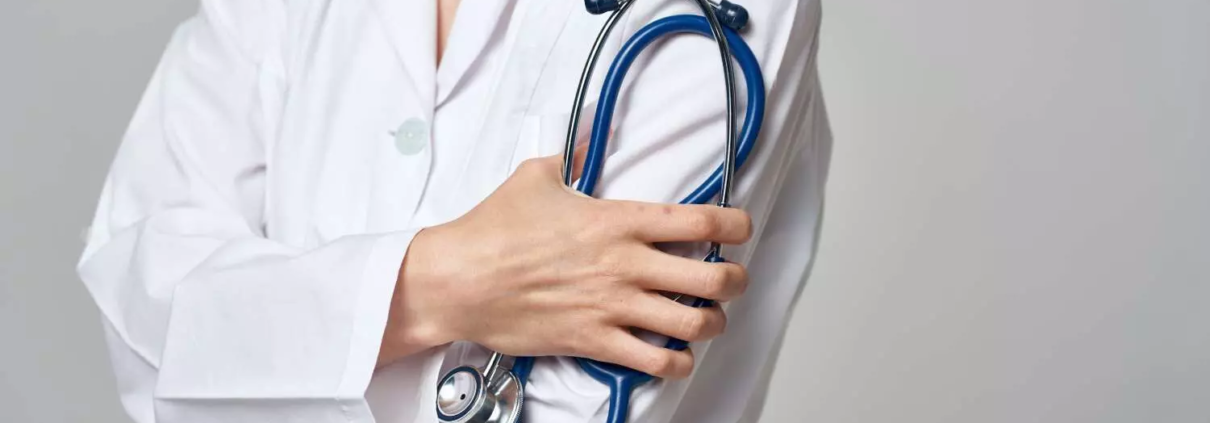Centre sends Alerts to States, UTs on websites, social media involved in illegal trading of human organs

New Delhi: Aiming to stop the illegal trading of human organs, the Union Government has sent out an alert to all States/Union Territories on websites and social media groups engaged in such activities, calling for strict action in this regard.
The Union Ministry of Health and Family Welfare (MoHFW) has made specific references to certain websites/social media groups that are offering huge money for kidneys and other organs, sources informed The Hindu.
Issuing a communication, the Directorate General of Health Services (DGHS) mentioned that it came to know about certain websites and social media posts that were promoting and offering organ trading in violation of the provisions of the Transplantation of Human Organ & Tissue Act (THOTA) 1994.
As per the latest media report by The Hindu, one such published was in the name of a popular hospital in Karnataka. In that post, an offer of Rs 5 crore was made for a kidney matching certain parameters.
The Union Government shared the web link and other such social media posts that were being shared regularly and said that such activities were punishable offences under Section 18 of the Act with fine ranging from Rs 20 lakh to Rs 1 crore and imprisonment ranging from 5 years to 10 years. Such illegal activities were a major hindrance to the national organ transplantation programme, the sources mentioned.
In the communication addressed to the Principal Health Secretaries, the Centre said that since Health and Law & Order were subjects of the State, therefore, the States had the power of appointing an appropriate authority under THOTA to deal with commercial activities/organ trafficking.”
The communication added, “…keeping in view of the gravity of the matter, you are requested to take necessary steps for prevention and control of organ trafficking and putting in place a system to monitor same.”
Sources informed that several steps were being taken to create awareness among the people about the illegalities of obtaining organs through agents. For instance, a separate chapter on organ transplants was being included in the CBSE curriculum to sensitize school students.
The National Organ and Tissue Transplant Organization (NOTTO) is a national level organisation under the DGHS. It was set up in pursuance to mandate given to the Central Government to set up a network for organ procurement distribution and to maintain a national registry for the purpose of surveillance of organ donation and transplantation in the country.
Earlier this year, the Union Health Ministry had asked all states and UTs to investigate any violations and take appropriate action, including suspension of registration, against hospitals performing illegal organ transplants. The DGHS had urged all States and Union Territories to ensure regular collection and sharing of data of all transplant cases, including those of foreigners, with the National Organ and Tissue Transplant Organization (NOTTO) on a monthly basis, PTI had reported.
The Ministry had issued the direction around two weeks after an organ trafficking racket, involving Bangladeshi nationals, being run in Haryana and Rajasthan was busted.
Referring to media reports mentioning commercial dealings in organs involving foreign citizens, DGHS had stated, “It has also been noted from the registry of NOTTO that there has been a surge in the number of organ transplants of foreigners in the country, which calls for monitoring of such transplants by the state or UT government authority concerned.”
“Investigate any violation of the THOTA, 1994 and rules thereunder and take appropriate action including suspension of registration for performing Organ Transplant, of the hospitals involved in illegal activities,” the letter had mentioned.
“It should be ensured that a unique NOTTO-ID for both donor and recipient is generated by the hospital from NOTTO website (www.notto.mohfw.gov.in), in all cases of organ transplant, whether from a living donor or deceased donor,” it had further added.
Besides NOTTO-ID being mandatory for considering allocation of organ in case of deceased donor transplant, this ID in case of a living donor transplant, shall also be generated at the earliest, at least within 48 hours of the transplant surgery, the minsitry said, it added.
The letter called for devising a system of regular inspection of the registered transplant or retrieval hospitals by the state appropriate authority, so as to maintain on-site monitoring of their activities, quality of transplantation, post operative follow-up of donor and recipient and outcome of the transplantation.
“Time and again, letters have been written to states for sharing of data related to organ donation and transplantation with NOTTO. However, complete data is still not being received. It is again requested to ensure regular collection and sharing of data of all transplant cases, including those of foreigners, with NOTTO on monthly basis,” the ministry said, asking all states and UTs to submit an action-taken report on the instructions within 15 days.
Medical Dialogues had earlier reported that earlier this year, the Supreme Court had sought responses from the Centre, the Directorate General of Health Services and States on a PIL seeking a direction that only registered medical institutes to be allowed to engage in the removal, storage or transplantation of human organs and tissues.



